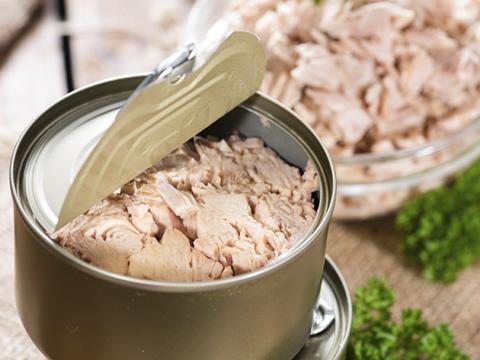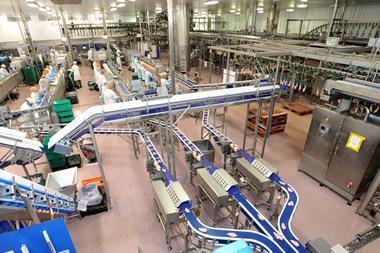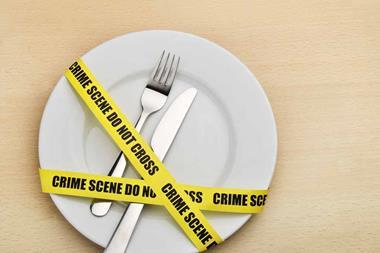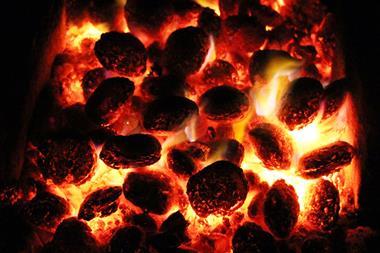
Authorities have seized over 3,600 tonnes of dangerous food worldwide in recent months - including rotten meat, chemically coloured tuna and fake baby milk powder, a joint Europol-INTERPOL report published today has revealed.
OPSON VII, the latest incarnation of the food crime operation co-ordinated by Europol and INTERPOL, saw customs, police and national food regulatory bodies conduct 41,000 checks at shops, markets, airports, seaports and industrial estates across 67 countries between December 2017 and March 2018.
It resulted in the seizure of more than 3,620 tonnes and 9.7 million litres of counterfeit or substandard food and drink, with 749 people arrested and investigations ongoing in many countries.
“The dismantling of nearly 50 criminal networks involved in the production of fake food and drink is an important result in stemming the flow of potentially lethal products into the marketplace,” said Daoming Zhang, head of INTERPOL’s Illicit Markets unit.
“The volume of counterfeit and substandard products seized is a reminder to the public that they need to remain careful about what they buy and from where.”
Jari Liukku, head of Europol’s European Serious and Organised Crime Centre, said the growing threat from food crime and globilisation of supply chains meant it was vital for law enforcement agencies to work across borders.
“All countries face this threat and it is the duty of law enforcement agencies to make sure what consumers get on their plates is genuine and safe,” he added.
In Europe, co-ordinated action across 11 countries run with the support of the EU Food Fraud Network resulted in the seizure of more than 51 tonnes of tuna that was intended for canning, but had been illegally treated with chemical substances to change its appearance and sold as fresh.
Authorities also closed a major meat processing plant in Belgium after finding traces of meat waste - pieces of the carcass prohibited for human consumption - in minced beef and oxtail, while in Spain, four people were arrested and a factory that packaged counterfeit baby milk powder mostly destined for China was dismantled.
It comes as Andy Morling, the head of the National Food Crime Unit, has warned an ongoing reluctance by industry to share information with his team was hindering its ability to tackle food crime in the UK.
“It is great to see the success of OPSON. Unfortunately what has been identified is only a fraction of what is happening across Europe, and the specific examples highlighted by OPSON, such as adulterated tuna, will already have been consumed by many,” said Eoghan Daly, senior manager for forensic and counter fraud services at Crowe Clark Whitehill LLP.
“Industry needs to step up efforts to share intelligence with the NFCU. Consumers expect it and deserve it.”



















1 Readers' comment